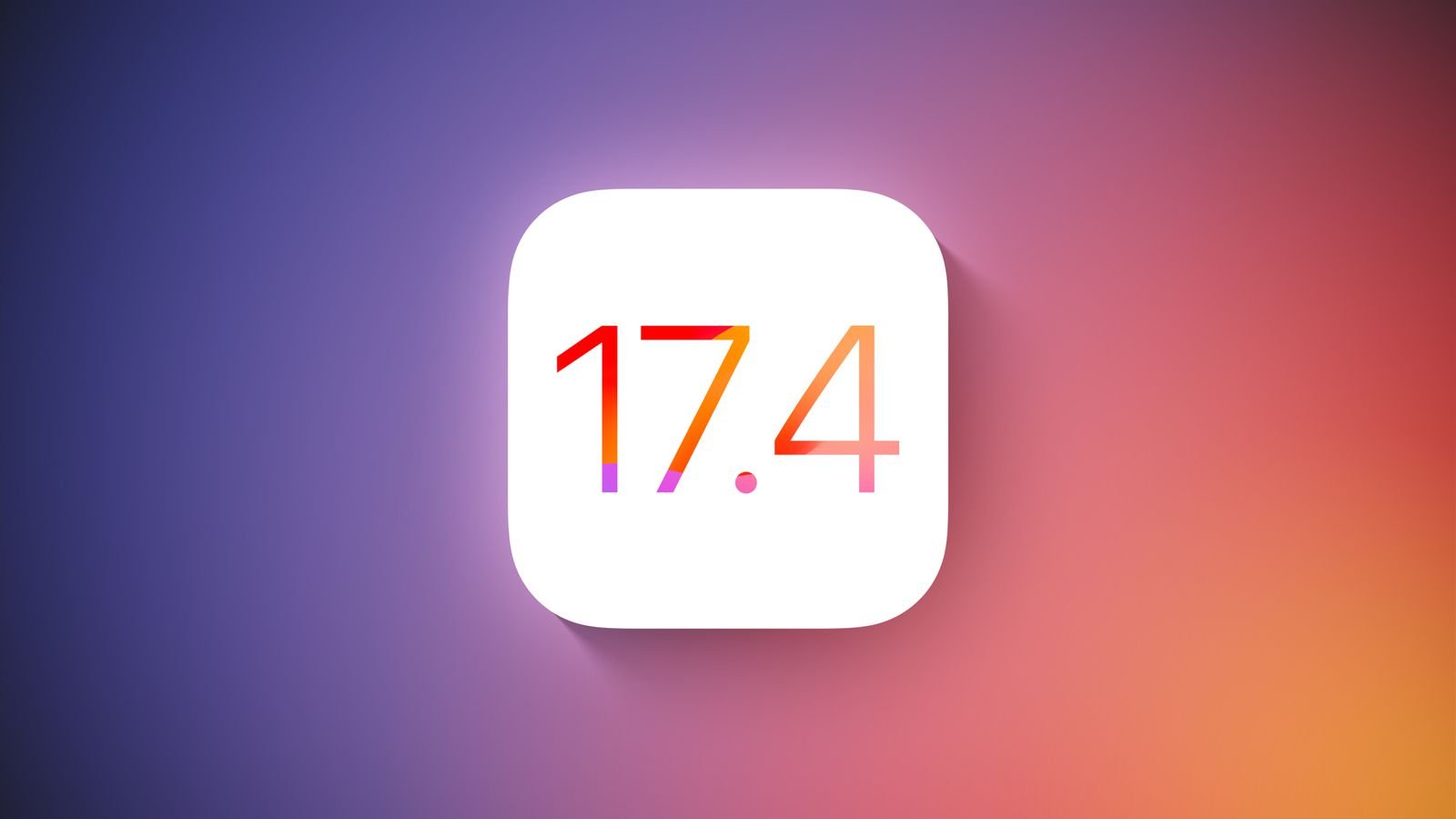In a significant move that has caught the attention of iPhone users across the European Union, Apple has confirmed that the latest iOS 17.4 update will remove the ability to add and use web apps from the Home Screen for users in this region. This development is part of Apple’s efforts to comply with the European Union’s Digital Markets Act (DMA), aiming to foster greater competition and reduce the tech giant’s dominance in the market.
Key Highlights:
- iOS 17.4 Beta Compliance: The change was first noticed in the beta release of iOS 17.4, designed to align with the DMA’s requirements, including allowing alternative app stores on the iPhone.
- Impact on Progressive Web Apps (PWA): Specifically, the update affects Progressive Web Apps (PWAs), which can no longer be installed or run as standalone applications from the Home Screen in the EU.
- Technical and User Experience Changes: Users attempting to add web apps to the Home Screen will find that they now open in the default web browser instead, fundamentally altering the user experience and functionality previously enjoyed.
Web App Functionality Changes:
Apple has historically allowed users to add web apps to the iPhone’s Home Screen, providing a seamless app-like experience for websites. These web apps could leverage features such as push notifications, offering a user experience comparable to native apps. The iOS 17.4 update, however, marks a departure from this practice within the EU, rendering such web apps to essentially become shortcuts that launch in the default browser.
Geo-Locking to the EU:
Reports suggest that the restrictions on web apps are specifically geo-locked to the EU, based on SIM carrier information, indicating Apple’s targeted compliance with EU regulations. Users in other regions remain unaffected by these changes.
Community and Developer Reactions:
The response to these changes has been mixed, with some users expressing disappointment over the reduced functionality and others pointing out the necessity of compliance with new legal frameworks. The developer community, in particular, has been keenly observing these developments, considering the potential impact on web-based applications and services.
Compliance with EU Regulations
Apple’s decision to remove Home Screen web app support in the EU is primarily aimed at complying with the DMA. The DMA’s regulations are designed to open up digital markets and reduce the monopolistic control exerted by major tech corporations by enforcing interoperability and fair competition practices.
Impact on Progressive Web Apps (PWA)
Progressive Web Apps (PWAs), which offer a blend of web and mobile app experiences by allowing users to install web applications to their device’s Home Screen, are directly affected by this update. Previously, PWAs could leverage many features that made them almost indistinguishable from native apps, such as offline support and push notifications. The iOS 17.4 update changes this dynamic, at least for users in the EU, by restricting these capabilities and redirecting users to their default web browser instead.
Future Prospects and Compliance Challenges:
As Apple navigates the complexities of adhering to the DMA, questions remain about the long-term viability of PWAs in the EU and the potential for new solutions or workarounds that can satisfy both regulatory demands and user expectations.
The removal of Home Screen web app support in the EU by Apple’s iOS 17.4 update is a clear indication of the significant impact of regulatory measures on tech giants and their ecosystems. While intended to promote competition and user choice, such regulations also pose challenges for existing functionalities and user experiences. This move by Apple, while ensuring compliance, underscores the delicate balance between innovation, regulation, and the preservation of user-centric features. As the digital landscape continues to evolve, the interplay between technology companies and regulatory bodies will undoubtedly shape the future of app ecosystems and user interfaces.



















